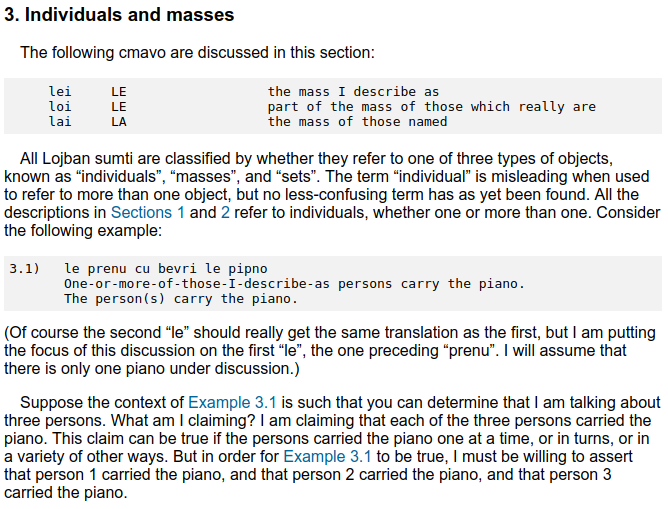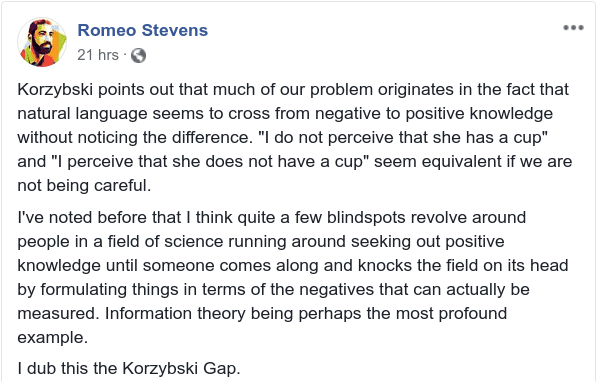🧵 View Thread
🧵 Thread (10 tweets)

Note the difference between: • "wanting to not cry" • "not wanting to cry" You can want to cry AND want to not cry. That's actually very common (about crying but more generally too). https://t.co/3V8L97l7fS

In the case quoted above, since I broke it into "part of me", it would still be *true* to say "part of me doesn't want to cry" but that's a weaker statement. Most parts of you don't want most things, but they're not *blocking* those things. If it's blocking, it's a want-not.

If you simply want to cry, you cry. If you feel the need to say "I want to cry" because you're not crying, it's because part of you is blocking the crying. Its reasons may be circumstantial or general, shallow or deep. But it is saying "not that".

Absence is different from negation. People are kinda bad at using words tho. This is possibly for euphemistic reasons, eg "I don't know if that's a good idea" sounds softer than "I actively think that's a bad idea". https://t.co/fh7dYVSkRJ

I would like to encourage people to be precise in their meanings and say "I don't know" only when they mean "I genuinely don't know", rather than saying "I don't know if X" when they actually mean "I think not-X" this sort of thing seems critical to sane thinking afaict

@RomeoStevens76 pointed out something similar he calls the Korzybski Gap. He was pointing at the other direction (negative knowledge to positive knowledge-not instead of positive desire-not to negative desire) but it's fundamentally the same confusion. https://t.co/07XNtGJS1F

Whenever I think about this stuff I think of this tweet/thread by @QiaochuYuan. This is really an example of "Few understand this." I bet he and I don't even really grok the significance of it. Something really deep here. https://t.co/sFM0kEmj8u

every statement a person makes about themselves, their lives, the nature of reality etc. has a shadow statement. in order to find it worthwhile to say a thing you must simultaneously be aware of the possibility of it being false, or else it wouldn't even occur to you to say

Going back to parts & wholes... remember this classic joke? Three logicians walk into a bar. The barman says, "Does everyone here want a drink?" 🍻 The first logician says, 'I don't know.' The second logician says, 'I don't know.' What does the third logician say?

"You want X" + "I want not-X" implies ↳ "We don't want X" ↳ "We don't want not-X" ↳ "We don't know what we want" Here absence of want (& knowledge) arises from conflict. ("we" here = [the system of the both of us], not [the set of individuals]) https://t.co/xggAp1T3GC

@SarahAMcManus @utotranslucence So all of this brings us to Lojban. Which, of course, has thought a bit about this. This page describes how lojban essentially has some extra-fancy articles that let you distinguish masses & groups-of-individuals. https://t.co/QvoMEOJfco (third image not relevant to this thread) https://t.co/hSjK3U3zhy


In practice You want X because it gets you Y I want not-X because it gets me Z ...and so what we want is Y+Z. This is what we're talking about when we talk about finding win-wins when starting from a place of conflict.

This also applies fractally internally: if part of you wants something and part of you wants to not have that, it's not per se the case that you, speaking on behalf of the whole, can truly say "I want that". I talk about this differentiation here: https://t.co/VCAd4Ets04
